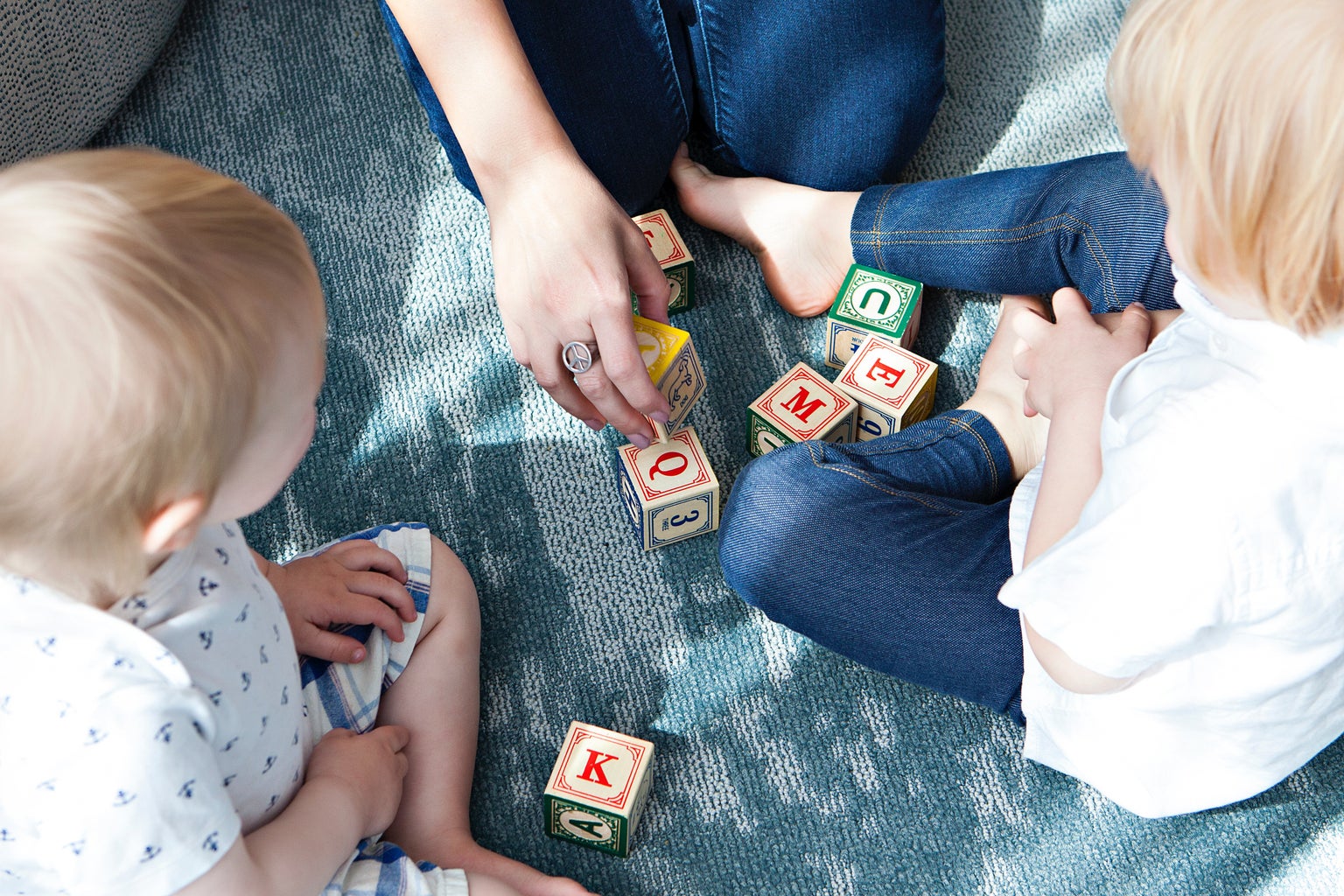In an ever-evolving technological world, it has now become easier than ever to record information, share ideas, and connect with others worldwide. However, with unprecedented technological advances, there are unanswered ethical questions to consider surrounding who can consent to being posted on the internet.
Since the dawn of the first iPhone, parents have been able to easily capture important moments of their children. From their first word to their first steps, the iPhone provided parents with a digital camera slim enough to fit in their pants pocket, with the capacity to share their camera roll far and wide at the simple tap of a finger. In addition to the iPhone, the popularization of social media has bridged the gap between people of varying walks of life and locations, providing users with the ability to share photos, videos, thoughts, and ideas at unprecedented speeds.
With these advances, however, comes the daunting prospect of the digital footprint. A digital footprint is the information pertaining to a specific person on the internet; the content that would come up if your name or email was Googled. Digital footprints cannot be erased. So, is it really fair that parents can share intimate, goofy, and outright embarrassing moments of their children on the internet before they can even conceptualize the potential consequences of their parent’s actions?
As a teenager who grew up with social media (Snapchat, Musical.ly, and Instagram, amongst others), I know that I personally have some humiliating posts from my pre-teen ages that I wish with every fiber of my being to be deleted (and I posted these myself). Is it fair that a child, one who has no understanding of the complexity and irreversible nature of the internet, be posted without their knowledge?
This brings us to the concept of the “mommy blogger.” Though this phenomenon is nowhere close to new, with the popularization of apps like TikTok, the outreach these family influencers possess over the general public has vastly expanded. Real life families have gained traction, collecting a merry band of supporters devoted to consuming content peering into their lives. A particularly successful sub-genre of the family vlogging surrounds babies. I mean, who doesn’t love looking at funny videos of babies babbling, smiling, or learning to walk? However, when you consider the fact that many parents are exploiting their young children for personal gain–whether it be in followers and views, or actual money made from content creating–those videos begin to leave a sour taste in your mouth.
When parents are making money off their children, there are many ethical prospects to consider. Do these children get any of the money from this content created about them, or are parents solely benefiting from the labor of their children? What happens when these children become adults, and no longer want videos and pictures of themselves on the internet? As previously discussed, there is no delete once you’ve published something on the internet. What happens when little Timmy gets to middle school, and all his friends see when they search for him online are embarrassing videos of him from his youth?
On a more serious note: what happens when these videos get into the hands of the wrong people? When posting children on public spheres such as the internet, parents run the risk of their content featuring their underage children getting into the hands of people who will use it for wrong purposes, such as pedophiles or human-traffickers?
A final ethical consideration worth discussing deals with the impact being recorded and posting from a young age has on children. What psychological impacts does constantly performing for a camera have on a child’s development? Children are hardwired to want to make their protectors happy. When they see Mommy and Daddy clapping and smiling when they put on a show behind the camera, it teaches children that they make their parents happy when they are creating potential content for them. This leads to the extreme stress of feeling that everything they do is for the consumption of an audience, creating pressure to be on their best behavior–to never make a mistake. This hinders a child’s natural developmental process.
In the same way that there are laws protecting children, and adults alike, from exploitation for their labor, there should be legal standards protecting children on the internet. Feeling as if there are eyes on you at all times would be paranoia-inducing for almost anybody. Why do we treat children any differently? At the end of the day, children are not a tool for parental fame or wealth, but real human beings. Beings deserving of the same rights and respect offered to the adults raising them.



